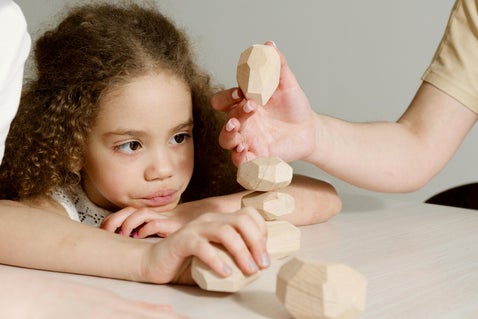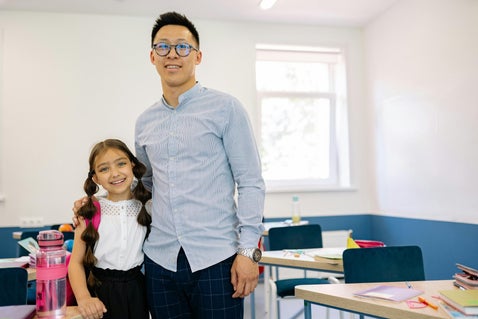Beyond the ordinary
This is where our journey begins. Get to know our childcare, what we do, and how we're committed to quality with great service. Join us as we grow and succeed together. We're glad you're here to be a part of our story.
Our story
We are a dedicated team committed to crafting exceptional experiences. Our focus lies in providing reliable and innovative solutions, driven by a deep respect for quality and a genuine desire to exceed expectations.
What teachers and parents can expect to see and hear in each learning space/classroom (conference, play-based learning, presentation, adult learning class, etc.)
Here at Little Dreamers in the Clouds, our theoretical foundations are based upon Maria Montessori’s theory. Montessori started her journey by observing children who were institutionalized. She strongly believed that these children were starved for stimulation and not biologically defective (Follari, 2019). After her 2-year experiment, she discovered with her materials and stimulating environments, the children were now able to pass competency exams. These findings sparked Montessori’s attention to make changes to the current education system. Montessori focused solely on children’s natural will to learn and to interact with the environment around them. By doing so, she discovered that children benefited from spontaneous sensory activity that limits adult interference. Her prepared environment prioritized students’ independence and sparked curiosity.
- The teacher’s role in the classroom is to prepare the environment, model the use of materials, and observe/ document a child’s learning experience.
- The key curriculum areas that are covered are practical life, sensorial, cultural, language, and mathematics.
- In the infant room, teachers and parents can expect to see an increase of sensory and motor development in their child following the guidelines of Montessori. Teachers will be interacting with the child at eye-level to encourage social interaction. At conferences, parents can provide teachers with helpful information about the milestones their children have or have not reached yet. Teachers can then provide guidance on ways to improve skills at home.
- In the toddler room, teachers and parents can expect to see child sized furniture, expression of autonomy while playing, and adult modeling tasks. At conferences, teachers can provide feedback about how purposeful playing is valuable to their everyday practical skills. At conferences, parents should provide information about milestones being met or not being met to help their child reach their full potential.
- In the preschool room, teachers and parents can expect to see children playing independently, students engaging in problem- solving situations, and collaborating with other classmates exercising their social interactions. At conferences, parents can be given resources to implement independent behaviors/routines at home.


Create Your Own Website With Webador